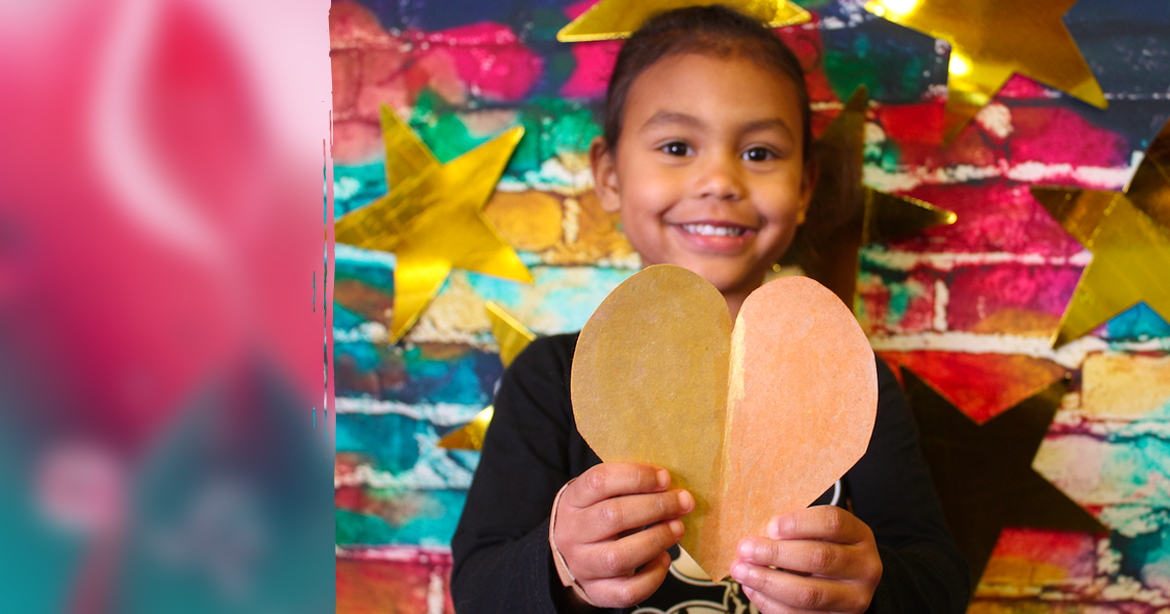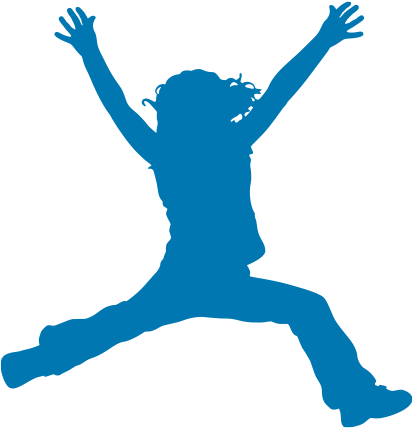MUSE Global School’s Early Childhood Education Program

“Is it necessary?”
Well, that depends on the question.
Suppose you’re asking about heated car seats here in Southern California. In that case, the answer is probably no… but if you’re asking about the need for early childhood education, the answer is a resounding YES!
Why Early Childhood Education?
Our brains experience explosive growth during the few years of life, so much so that a child’s brain is already 90% fully grown before they’re even old enough for kindergarten. This early growth has a lasting effect, impacting academic success and lifelong social skills.
That’s why MUSE Global School, in beautiful Calabasas, CA, is proud to offer children as young as two and a half years old the opportunity to spend time in a fun environment conducive to learning.
Our Early Childhood Education Program has two sections:
- Early Childhood Class is for children between the ages of 2.3 and 3.7 years old.
- Early Kindergarten is for students between the ages of 3.8 and 5 years old.
Academic Success
The research is definitive: children who participate in early childhood education are far more prepared for kindergarten and keep that academic advantage through 12th grade. In fact, a Harvard study found early education leads to increased high school graduation rates. The prestigious ivy league institution is far from alone; other studies have shown 80% of students who participate in early childhood education will graduate from high school, compared to just 60% of those without the same advantage.
Students are better off, but why can’t parents simply teach their little ones at home? While parents can undoubtedly supplement their child’s development during this pivotal time, federal data shows that young children taught by professionals do better on math and reading assessments than those instructed by parents.
More Than Academics
While early childhood education can help students foster a lifelong love of learning from a young age, the benefits aren’t all academic. Ask any professional, regardless of their field, and they’ll tell you success takes hard work, drive, and the ability to interact with others. The latter requires foundational social-emotional learning skills, including managing emotions, verbal and non-verbal communication, active listening, and caring for others.
As infants, children learn these skills intuitively by watching their parents; lessons that continue in early education as positive social habits, such as listening, sharing, and taking turns, are taught, encouraged, and reinforced.
Empowering Through Passion
MUSE has a unique approach to early childhood education; our child-centered, play-based learning philosophy introduces young minds to the basics of literacy, math, and science in a nurturing environment.
Like our K-12 curriculum, the MUSE Early Childhood Education Program centers on passion-based learning. Our young students explore their passions through a class discussion – which becomes an empowering process once they realize their interests guide individual and class projects.
Our goal is to understand each child, making sure they not only feel heard – but are heard.
A Solid Foundation
Both sections of our Early Childhood Education Program cover the same subjects, with Early Kindergarten building on the lessons taught in the Early Childhood Class. These include language, literacy, math, science, and social studies.
Let’s look at how our young students’ knowledge of language progresses between grade levels:
- Students in our Early Childhood Class learn language through stories and songs. They engage in conversations, learn active listening skills, and work on maintaining focus while others speak. They’re encouraged to use their rapidly growing vocabularies to express their wants, needs, and goals.
- Our Early Kindergarten students begin making reflective connections and engage in more in-depth conversations with their teachers and peers. They learn how to ask and answer questions when seeking help, getting information, or requesting clarification. They’re encouraged to express their opinions and feelings during conversations with friends and taught the importance of appropriately and respectfully disagreeing. Similar to Transitional Kindergarten, this level of learning will prepare your child for Kindergarten.
In addition to core classes, students receive weekly enrichment courses through our specialist programs, including performing arts, visual arts, gardening, seed-to-table, and outdoor education.
Why MUSE is Right for Your Family
Located in the picturesque Santa Monica mountains, MUSE Global offers a safe and comfortable atmosphere for your child’s academic journey. We’ve assembled a team of attentive, caring, and brilliant educators whose mission is to empower students to think for themselves – not teach them what to think.
MUSE is more than a school; we’re a tight-knit community of parents, teachers, and faculty with a singular purpose: ensuring students receive the best education possible. We educate students to define their own success and happiness by taking a balanced approach that prepares the whole student for success… not just their minds.
Learn More About MUSE
Interested in learning more about our Early Education Program? Please contact us today! We would love to explain why MUSE Global is right for your family. We can answer your questions, send information, and even schedule a campus tour.

